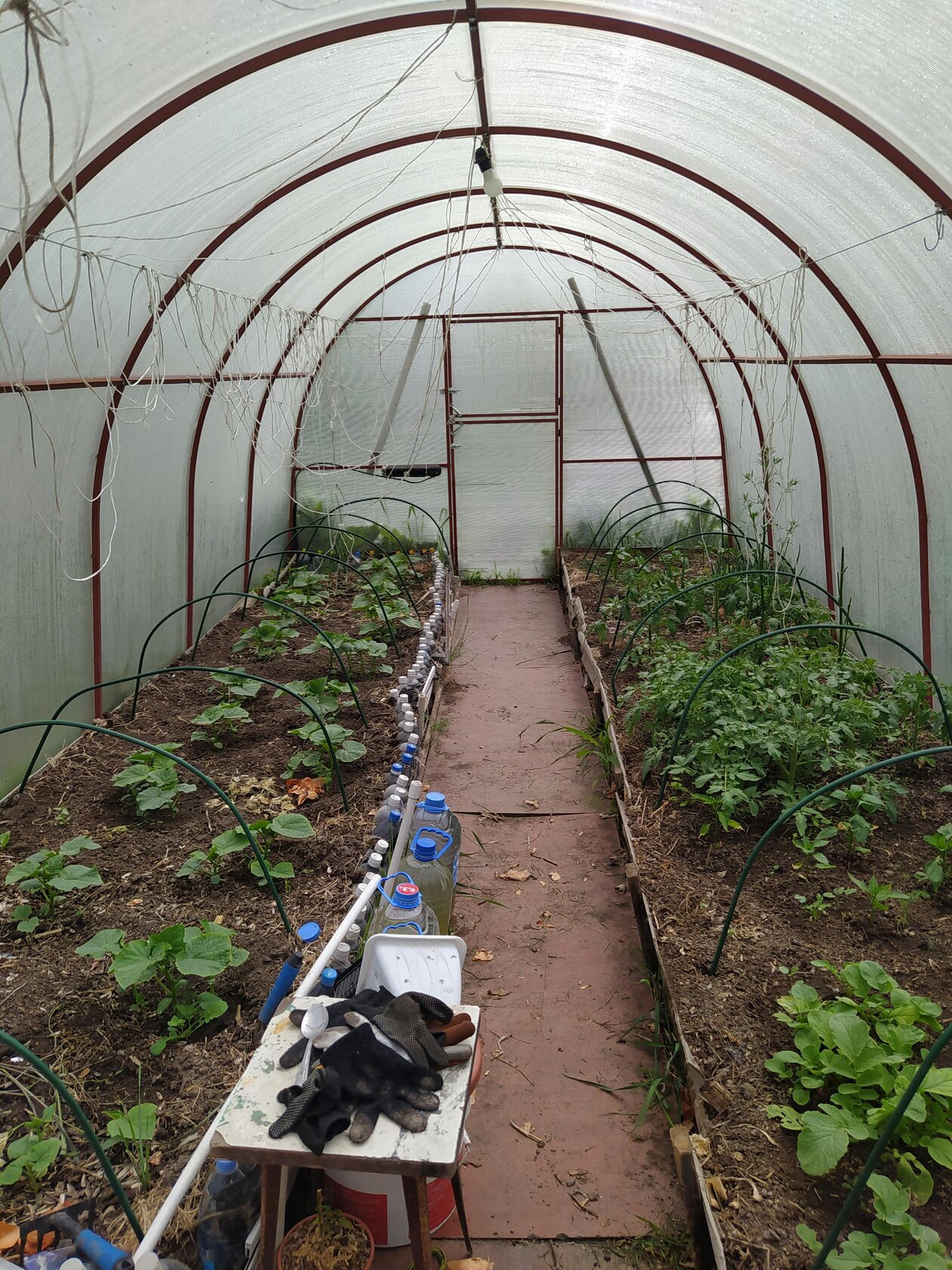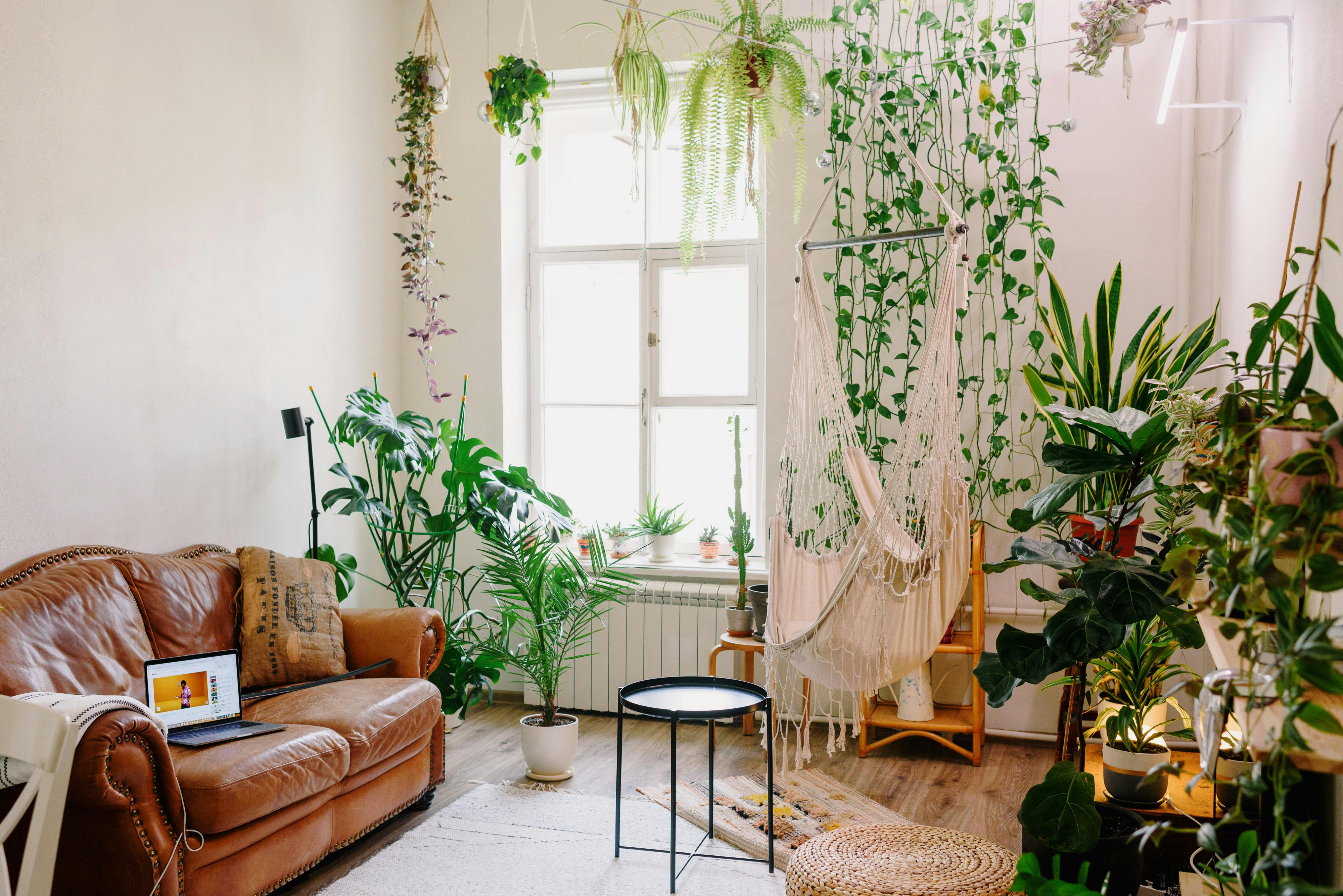
Using Organic Pest Control: Natural Solutions for a Healthy Garden
Maintaining a vibrant garden often comes with the challenge of managing pests. While chemical pesticides can be effective, they can also harm beneficial insects, soil health, and even your family's health. Fortunately, there are many organic pest control methods that promote a healthy ecosystem in your backyard. Here’s how you can use natural solutions to keep pests at bay while nurturing your garden.
1. Encourage Beneficial Insects
Creating a welcoming environment for beneficial insects like ladybugs, lacewings, and predatory wasps can significantly reduce pest populations. Plant a variety of flowers and herbs, such as marigolds, dill, and yarrow, to attract these helpful allies. Avoid using synthetic pesticides that can kill these beneficial insects.
2. Companion Planting
Companion planting involves pairing plants that can naturally deter pests or enhance each other’s growth. For example, planting basil alongside tomatoes can repel aphids and whiteflies, while marigolds can deter nematodes. Research which plants work well together to create a natural pest barrier.
3. Homemade Sprays
Many common household ingredients can be transformed into effective pest deterrents. Here are a few simple recipes:
- Soap Spray: Mix 1-2 tablespoons of liquid castile soap in a quart of water. Spray directly on pests like aphids and spider mites. This disrupts their cell membranes and helps control infestations.
- Garlic Spray: Blend a few garlic cloves with water, strain, and dilute with more water. Spray on plants to repel a variety of pests, including beetles and caterpillars.
- Pepper Spray: Combine a tablespoon of crushed red pepper with a quart of water. This spicy mixture can deter many pests when sprayed on affected plants.
4. Row Covers and Physical Barriers
Use lightweight row covers or mesh to protect young plants from pests without the use of chemicals. These physical barriers allow sunlight and moisture in while keeping insects out. You can also use copper tape around garden beds to deter slugs and snails.
5. Crop Rotation
Changing the location of your crops each season can help prevent pests from becoming established. Many pests have specific host plants, and rotating crops can disrupt their life cycles, reducing their populations over time.
6. Natural Predators
Introduce or attract natural predators to your garden. Birds, frogs, and even certain types of nematodes can help control pest populations. Installing birdhouses or water features can encourage these beneficial creatures to make your garden their home.
7. Regular Monitoring
Regularly inspect your plants for signs of pests or damage. Early detection allows you to address issues before they escalate. Handpicking larger pests like caterpillars and beetles can be an effective way to manage small infestations.
8. Mulching and Soil Health
Healthy soil leads to resilient plants. Use organic mulch to suppress weeds and retain moisture, which can help reduce pest issues. Additionally, adding compost improves soil structure and encourages beneficial organisms that contribute to a balanced ecosystem.
Conclusion
Embracing organic pest control methods not only fosters a healthier garden but also promotes environmental sustainability. By using natural solutions, you can create a thriving ecosystem that supports your plants and beneficial insects alike. With patience and observation, your garden can flourish, free from harmful chemicals and pests. Enjoy the beauty of nature in your backyard while nurturing a safe space for your family and the environment!
Recent articles from Eco Friendly

Using Organic Pest Control: Natural Solutions for a Healthy Garden
Maintaining a vibrant garden often comes with the challenge of managing pests. While chemical pesticides can be effective, they can also harm beneficial insects, soil health, and even your famil...

Embrace Sustainability with Recycled Glass Decor
Introduction: Recycled glass decor is an innovative way to enhance your home’s aesthetic while supporting environmental sustainability. By repurposing glass materials, you contr...

How to Water Houseplants Properly
One of the most common mistakes plant lovers make is improper watering. Because of this, houseplants often get sick or die. When buying a plant, always ask about its care requirements. If you're...